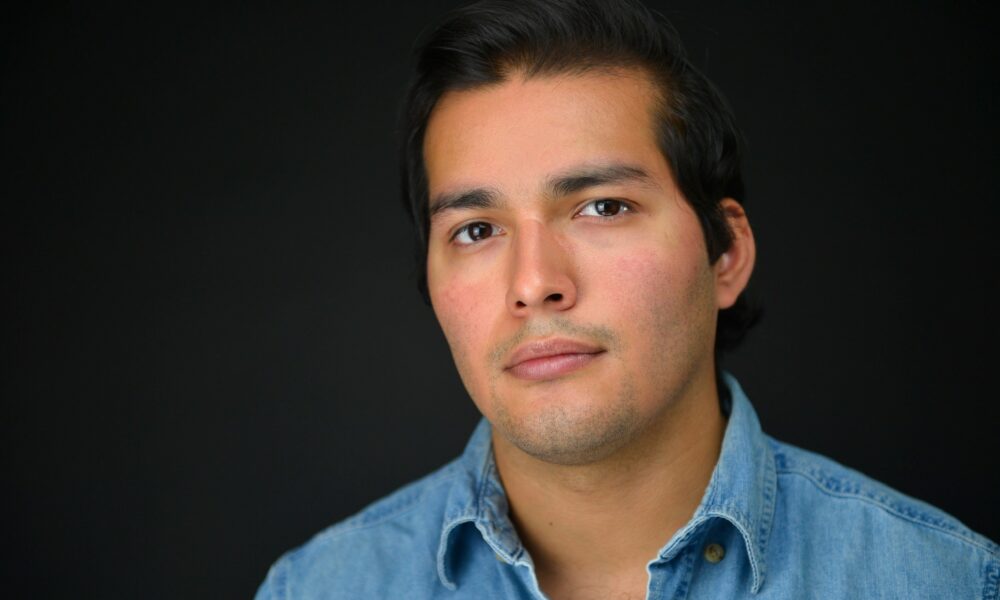

Today we’d like to introduce you to Daniel Luis Ennab.
Hi Daniel Luis, we’re thrilled to have a chance to learn your story today. So, before we get into specifics, maybe you can briefly walk us through how you got to where you are today?
I was eight years old when I began watching movies as an active hobby. Not just cartoons, Disney or Pixar films of the 2000s, but some heavy-themed adult films, too. My father was a cinephile himself back in the 70s and 80s, so whenever I came home from school and I had time away from homework, my father and I would watch one of those classics he grew up watching (One flew over the Cuckoo’s Nest, Full Metal Jacket, Lawrence of Arabia, Ben Hur, Serpico) and he’d tell me about the actors, the director, the cinematographer and the many creative roles behind motion pictures. In a way, it was an education of film history. Today, I’m a filmmaker in between long gaps of a pretty ordinary life. I studied film in the School of Visual Arts, and through the years worked on tv productions, indie film sets and music videos. My career path at the moment is very uncertain. I work night shifts at a news station as I spend my off-hours writing my next film, venturing into new business ideas with my filmmaking peers, and feeding off experiences of my late 20s to generate newfound narratives. Someone recently asked me if I’m currently where I’m supposed to be in life. Not to sound like a pessimist, at all — but my response to this was ‘I’m not sure’. I think that may be a common response from independent filmmakers. Never entirely sure how you’ll fundraiser your next film, or who you’ll work with, and where you are spiritually and financially.
I used to be very doubtful, and comparative to other filmmakers (social media will do this). Just how much more I can produce, or facilitate broader networks. Those doubts made me wary of the industry, but it took some time for me to learn through many setbacks about the importance of patience and process.
The process has made me more aware of the kind of stories I want to tell, and the voice I want to establish. I still learn, and always will.
Would you say it’s been a smooth road, and if not what are some of the biggest challenges you’ve faced along the way?
I can’t say the road has ever been smooth. There’s always trial and error in filmmaking. It’s a bundle of things to consider. It’s about personalities and how you curate them as a leader. It’s about making certain sacrifices, too. You can work 365 days a year just to make, let’s say, a 5 minute short you’ve wanted to make for a while. Just to get yourself started. In those 365 days, if you truly want to make a unique and effective short film — you sacrifice sleep just to plan it all out, and the planning out part of it (what we call pre-production) may take 10 to 20 to 50 days just so you can film 2 days in a weekend. That’s it. That’s because of your budget (unless you’re fortunate enough to be the son or daughter or niece or cousin of an established creative), which only entails you have a very limited set of days to create the best film you can. Through that process, you manage inexperienced people who want to work in film, and you’ll manage advanced skill leveled people who may challenge your perspective. You deal with egos, time constraints, and life inconveniences that may cloud your judgment overall. It’s both a physical and mental straining effort. And you have to be prepared for the worst part of it all: rejection.
Maybe your film doesn’t get into festivals you paid good hard-earned money for. Maybe your film doesn’t receive the reception you spent months marketing through social media. That’s the greatest struggle of it all. Putting in all this work without knowing exactly how your film may be received. I’ve made shorts that took a great deal of time to pick up some traction. I made a feature that took me two in a half years and it didn’t have much success in the festival runs. It’s an industry that can seem so far out of reach for some filmmakers. It can do a lot of damage for your mental health, as well. Failures are more likely than success stories — but I believe that’s what makes those rare successes the more empowering. Hell, just getting to make a film whether it advances your career or not is the greatest joy one can be lucky enough to experience.
Can you tell our readers more about what you do and what you think sets you apart from others?
I don’t really specialize in just one specific thing. I’ve been forced to wear many hats, which is something I’d like to change. It’s better to collaborate with people, so much of my work is in the bracket of low-budget filmmaking.
I’m proud of the fact though I’ve been able to create work as just one person. Only in my feature film was there a legitimate crew. But that feels so long ago from the kind of storyteller and craftsman I am, now. I’m a character-driven storyteller, I love dialogue and putting a frame on singular moments that play like their own little three-act structure. I tap into a certain level of surrealism in my work. I can’t explain why that is. Like real life, sometimes we experience some strange occurrence. I’ve experienced a couple of strange occurrences that’ve made me question my own existence. It’s an element I like to include in my stories.
I’m most proud of my latest short “A Summer Day in Brooklyn”. It’s the closest thing I’ve made I can say has reached (in low budget terms) the particular thematic as I’ve wanted to explore in the film. I’m impressed with how it turned out considering the lack of resources I had through five months of principle photography.
Who else deserves credit in your story?
Film school friends, for sure. But it’s a small circle of them who have a daily presence in my life. One of them is a roommate and we talk every day about ideas and weird absurd stories that can be fun and even break barriers in the narrative sense. Some of us are in similar positions, and others have had their successes continue on and I’ve learned from those guys just what kind of sacrifices are made to even establish a consistency in the freelance game.
I never really had a mentor. In the past, I’ve had adults guide me through productions but were no longer in touch, sadly. As I grew older, I had my own set of beliefs and aspirations that challenged the sort of control they had over how I operated. The filmmaker, Melvin van Peebles, was not necessarily a mentor but he was someone I went to for words of wisdom. He’s a filmmaker I aspire to be like, or — more so, an artist I aspire to be like. He made music, films, wrote novels and poetry. He explored the world, too. He lived a very spiritual life and I got to see him as an old man with complete joy in his eyes. That made me want to continue pursuing this passion.
And of course, my family. They’ve always been supportive. They don’t really understand why I live a certain lifestyle but they respect my goal and hustle.
Contact Info:
- Website: www.danielluisennab.com
- Instagram: @_danlou
- Youtube: https://youtube.com/user/dannylou95
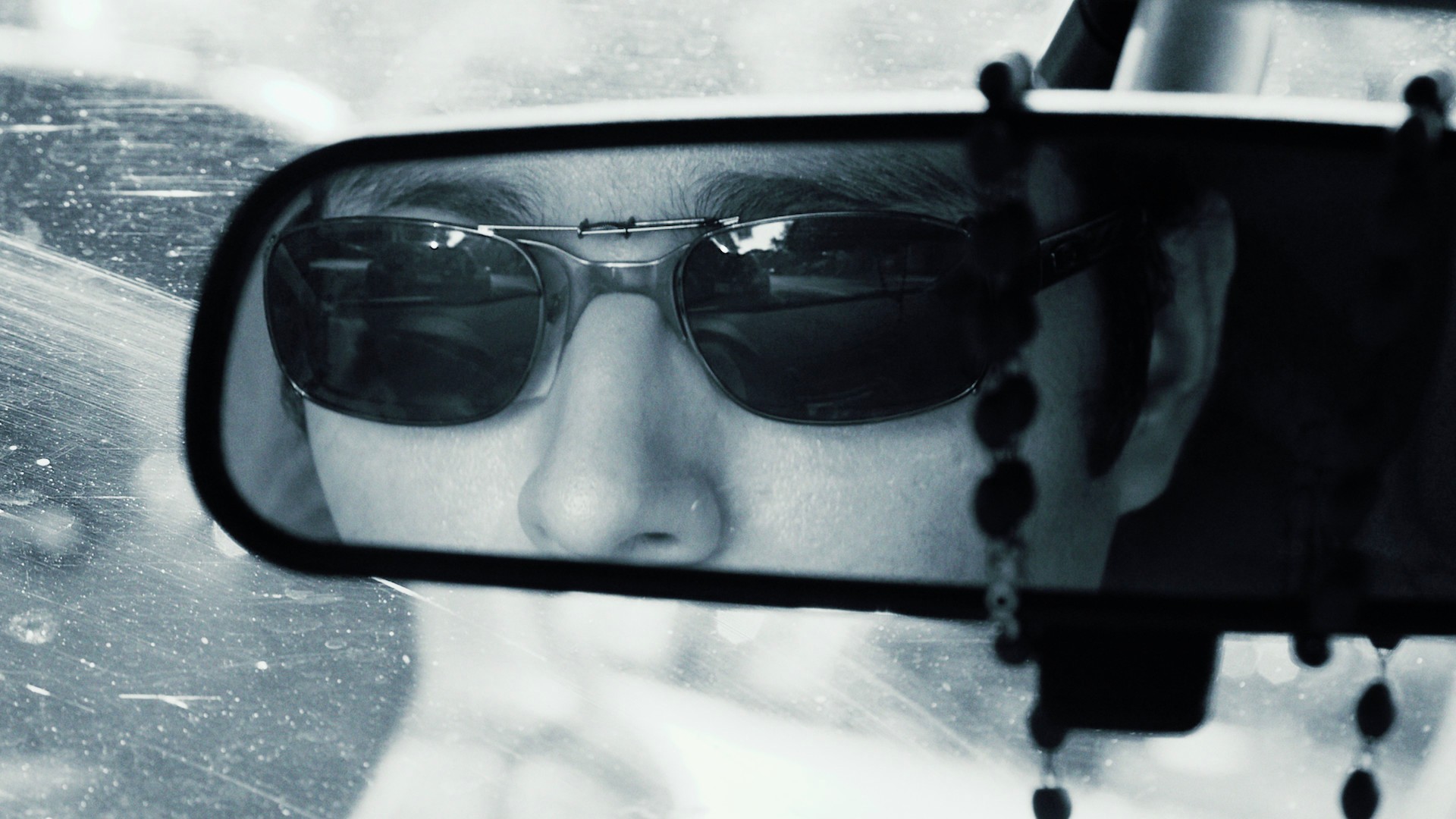
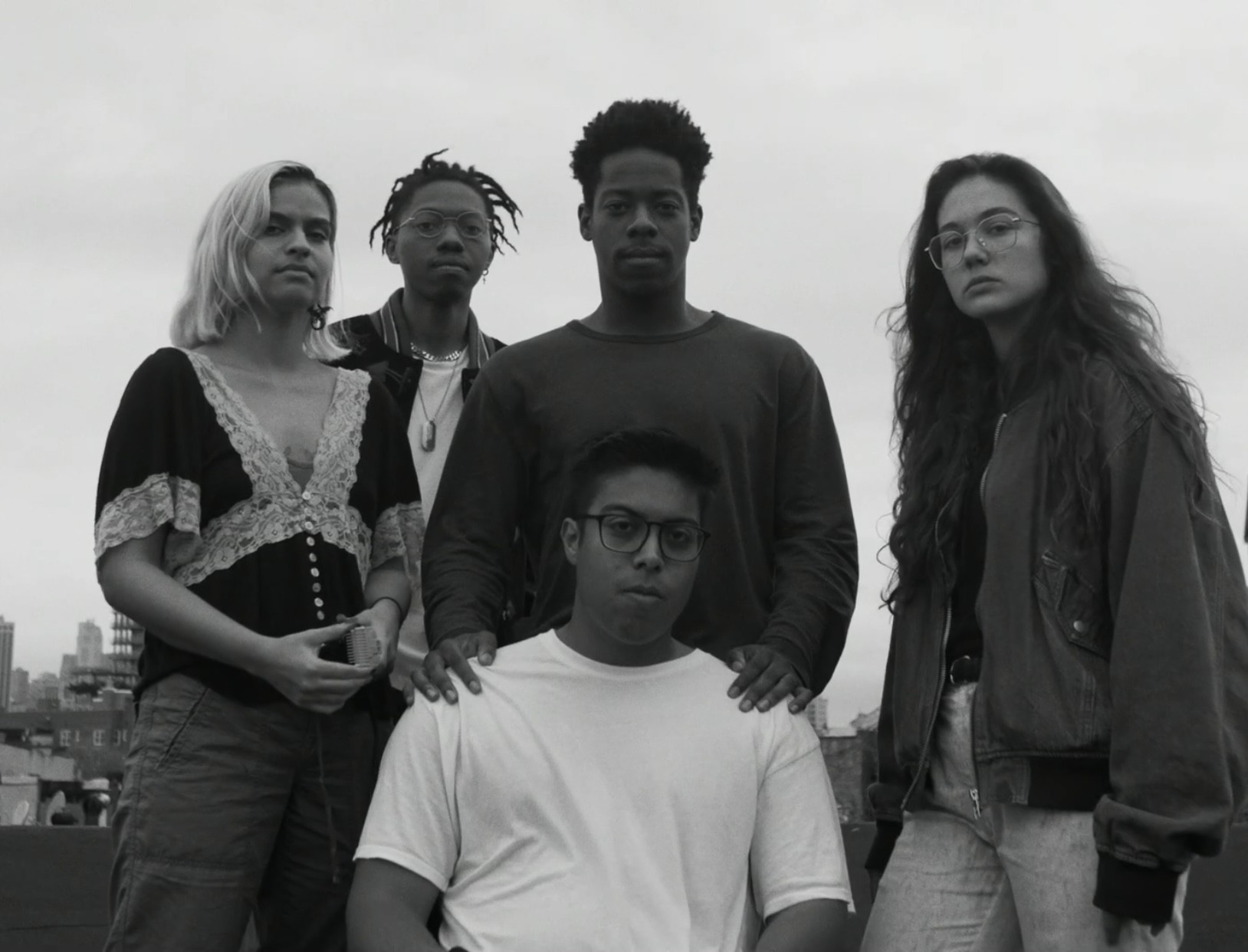
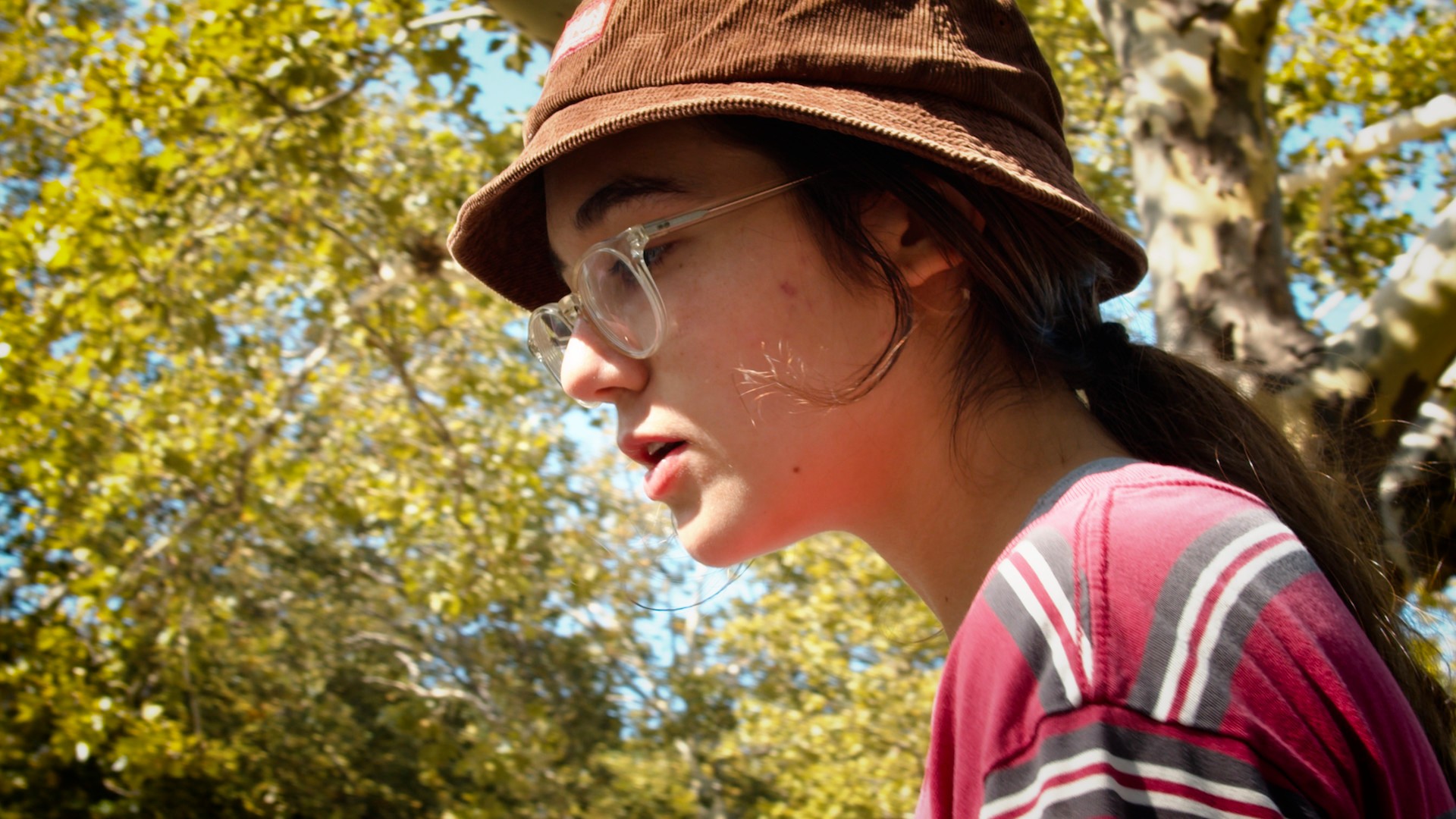
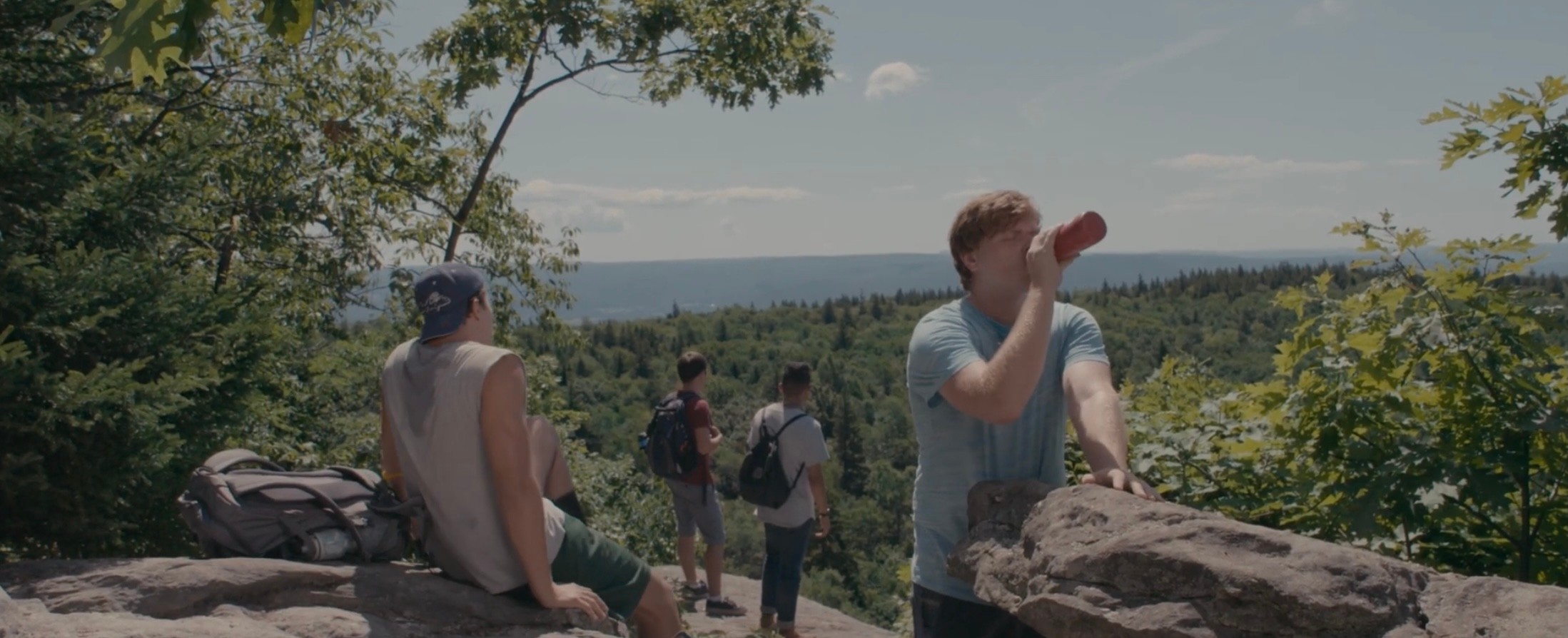
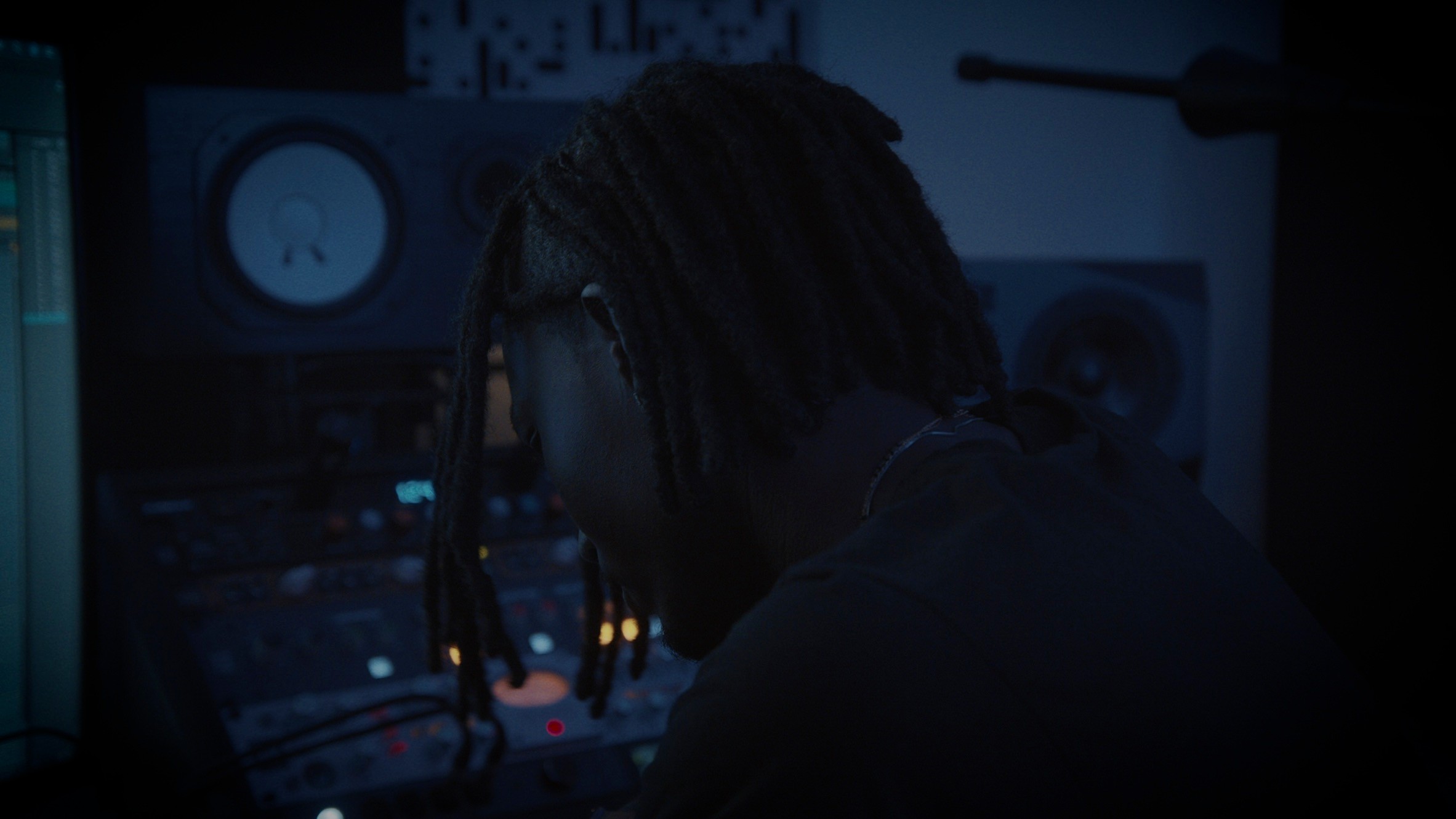
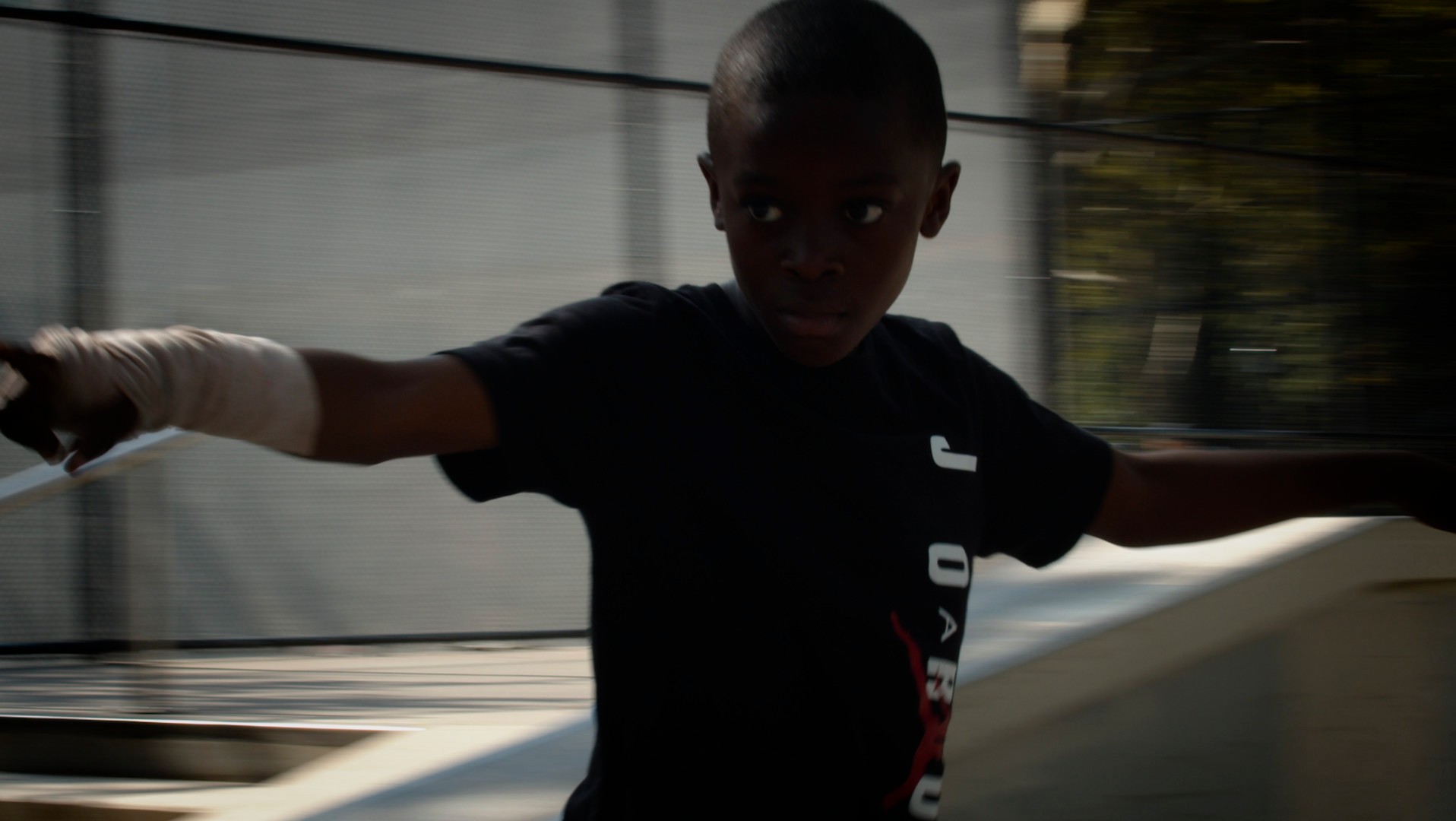
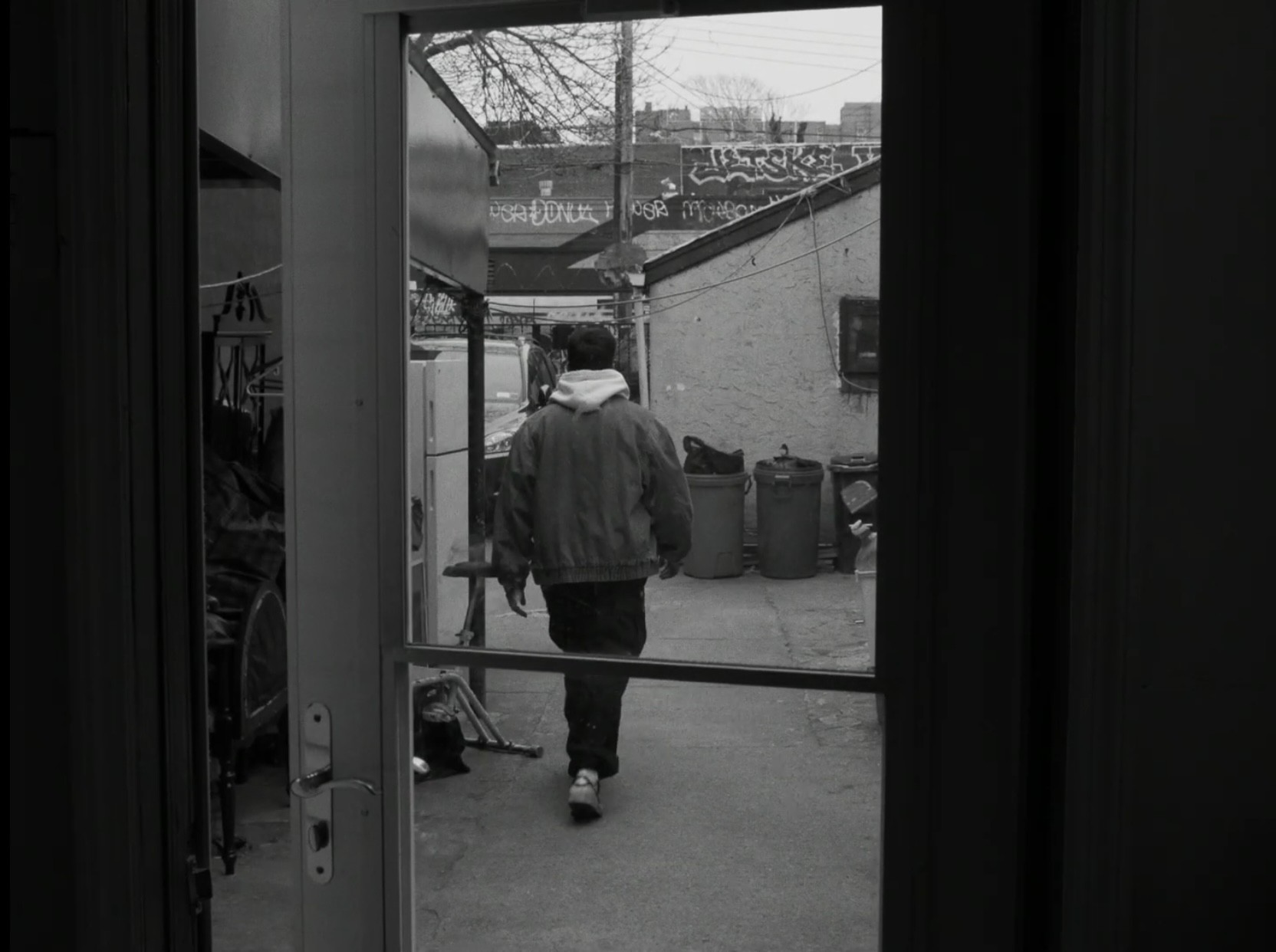
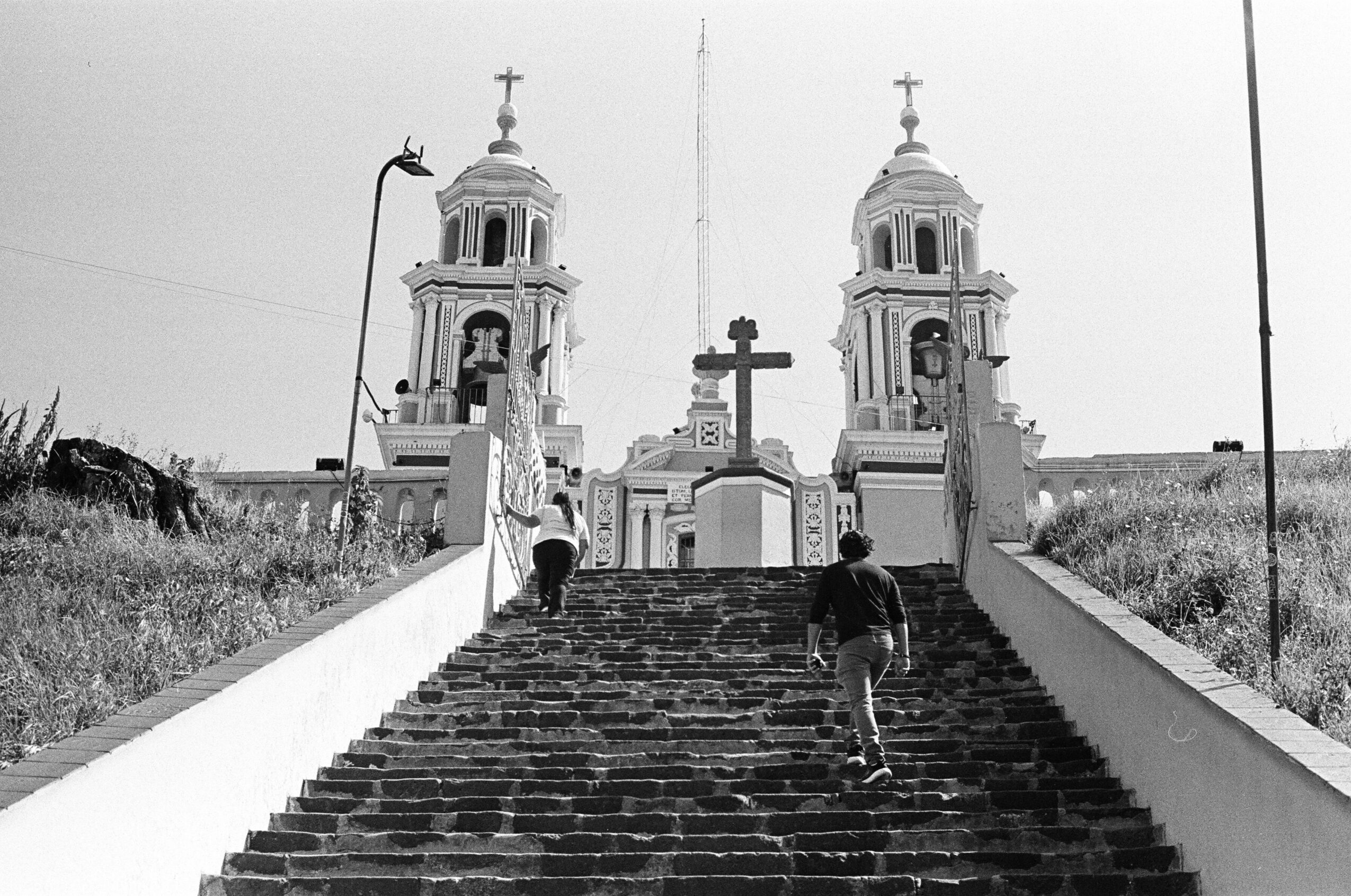 Image Credits
Image Credits
All photographs submitted are either movie stills or photos taken by me, ‘Daniel Luis Ennab’.













